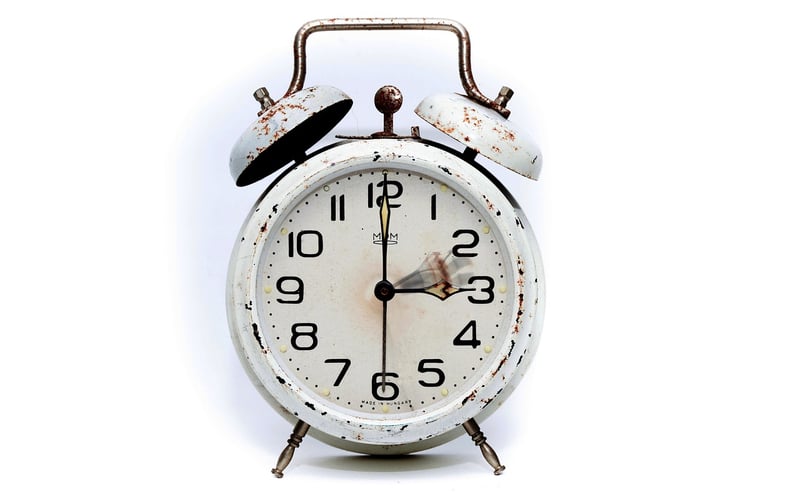Temporal Impacts
The Impact of Time Travel and Temporal Impacts
Time travel has been a popular concept in science fiction for decades, captivating audiences with the idea of traveling through time to explore the past, present, and future. While time travel remains a theoretical concept in reality, the implications of such technology are vast and far-reaching.
Temporal Impacts of Time Travel
Time travel, if ever made possible, could have profound effects on various aspects of life, including:
- Historical Events: Time travelers could potentially alter the course of history by changing key events, leading to a ripple effect that could reshape the present and future.
- Personal Lives: Individuals could use time travel to revisit pivotal moments in their lives, make different choices, or correct past mistakes, raising questions about free will and destiny.
- Scientific Discoveries: Exploring the past or future could accelerate scientific progress by providing insights into advanced technologies or uncovering lost knowledge.
- Ethical Dilemmas: The moral implications of time travel, such as altering the past to benefit the present, raise complex ethical dilemmas about the consequences of such actions.
Temporal Paradoxes and Grandfather Paradox
One of the most famous temporal paradoxes associated with time travel is the Grandfather Paradox. This paradox posits a scenario where a time traveler goes back in time and prevents their grandfather from meeting their grandmother, thereby preventing their own birth. This paradox highlights the contradictory nature of time travel and the potential for logical inconsistencies.
Conclusion
While time travel remains a fantastical concept, exploring its potential impacts and temporal paradoxes sparks curiosity and philosophical debate about the nature of time, causality, and the fabric of reality. Whether time travel will ever become a reality or remain confined to the realm of fiction, its implications continue to fascinate and inspire both scientists and storytellers alike.

